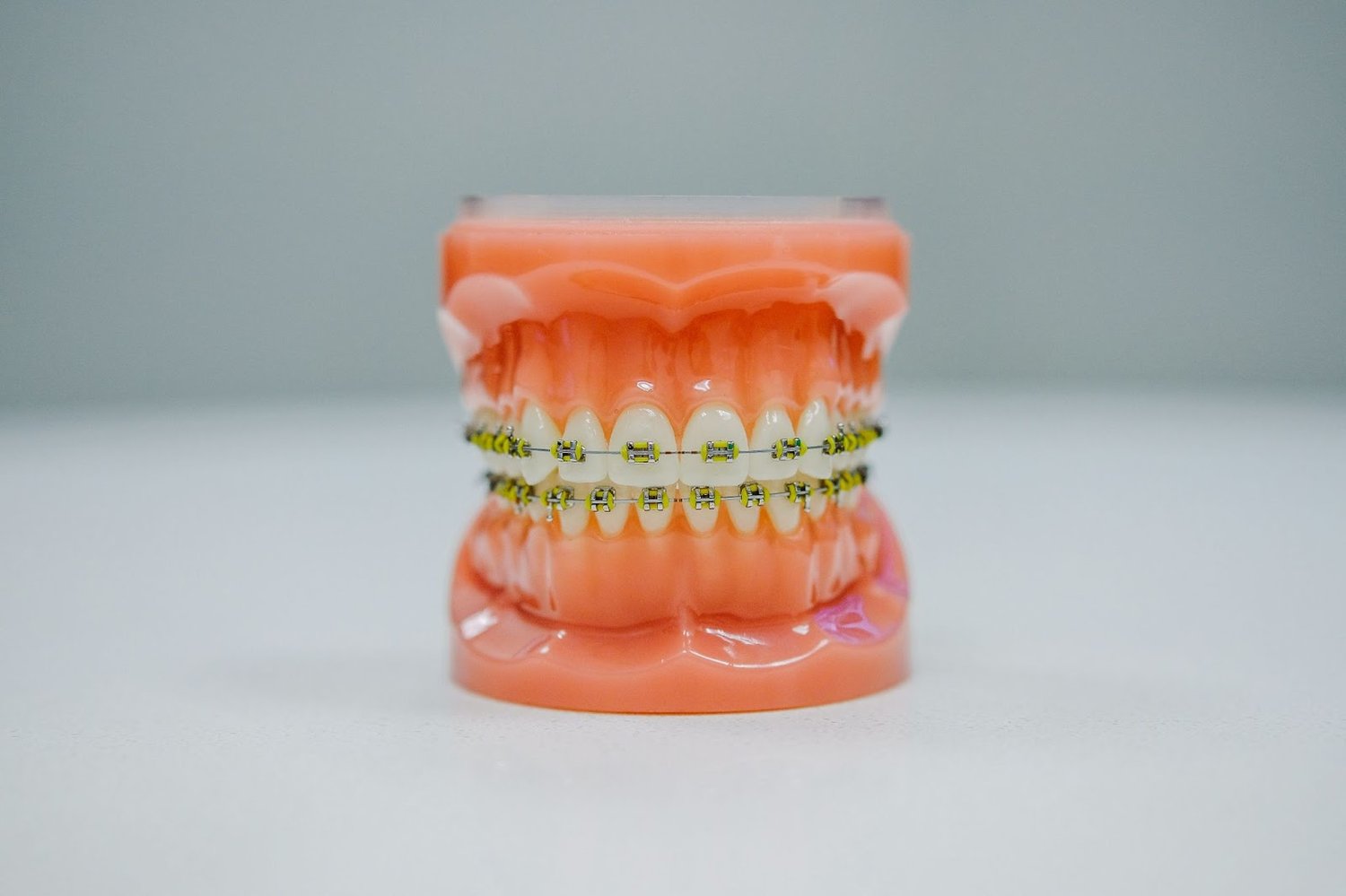Wearing a dental retainer is essential for maintaining your beautiful smile after orthodontic treatment. However, many patients find themselves experiencing discomfort while using their retainers. If you live in the UAE, getting dental retainers in Dubai is common, but discomfort issues can sometimes arise even with the best devices. Understanding the causes of retainer discomfort and knowing how to address them can improve your experience and ensure your retainer works effectively. This article explores why your retainer might be causing discomfort and offers practical solutions.
Causes of Retainer Discomfort:
Retainer discomfort can stem from several factors, ranging from the device’s fit to oral sensitivity. Common causes include:
- Poor fit or ill-fitting retainers that cause pressure spots.
- Initial adjustment period soreness as your mouth adapts.
- Damage or warping of the retainer altering its shape.
- Accumulation of plaque and debris causing irritation.
- Allergic reactions to the retainer materials.
- Changes in teeth position or gum inflammation.
Identifying the exact cause is crucial for choosing the right remedy.
The Adjustment Period: What to Expect:
It’s normal to experience mild discomfort during the first few days or weeks of retainer wear. This adjustment period occurs because:
- Teeth and gums are getting used to the new appliance.
- Pressure from the retainer holds teeth in place, which may cause soreness.
- Your tongue and cheeks adapt to the presence of the retainer.
Most people find that discomfort lessens gradually with consistent wear as the mouth becomes accustomed.
How Poor Fit Causes Pain and How to Fix It:
A retainer that doesn’t fit correctly can cause painful pressure points or rubbing. Reasons for poor fit include:
- Changes in teeth alignment since the retainer was made.
- Manufacturing errors or material shrinkage over time.
- Damage from accidental bending or warping.
Solutions for poor fit involve:
- Visiting your orthodontist for professional adjustment.
- Getting a new retainer if the current one is significantly damaged.
- Avoiding DIY bending, which can worsen the fit or cause breakage.
Professional care ensures your retainer fits comfortably and functions properly.
Impact of Hygiene on Retainer Comfort:
Lack of proper cleaning can lead to plaque buildup on the retainer’s surface, which irritates gums and causes bad odors or infections. To maintain comfort and hygiene:
- Clean your retainer daily with a soft brush and mild soap or cleaner.
- Avoid toothpaste, which can be abrasive to the retainer material.
- Soak the retainer weekly in a dentist-recommended solution.
- Rinse the retainer thoroughly before putting it back in your mouth.
Good hygiene reduces irritation and prolongs the life of your retainer.
Material Sensitivities and Allergies:
Although rare, some patients may develop sensitivity or allergic reactions to the materials used in dental retainers, such as acrylic or metal wires. Symptoms might include:
- Gum redness and swelling.
- Mouth sores or persistent irritation.
- Itching or burning sensations.
If you suspect an allergy, consult your orthodontist, who can recommend hypoallergenic options or alternative materials suited for sensitive users.
How Damage or Warping Affects Comfort:
Retainers can be accidentally bent, cracked, or warped by improper handling or exposure to heat. Damaged retainers often cause discomfort due to:
- Sharp edges cutting soft tissues.
- Uneven pressure on teeth causing soreness.
- Reduced retention leading to tooth movement.
To avoid damage:
- Store your retainer in its protective case when not in use.
- Keep it away from heat sources like hot water or direct sunlight.
- Handle your retainer gently during cleaning and insertion.
If damage occurs, seek professional repair or replacement immediately.
Managing Gum and Mouth Irritation:
Sometimes retainer discomfort is linked to underlying gum or oral issues such as inflammation or ulcers. To alleviate irritation:
- Maintain excellent oral hygiene including brushing and flossing.
- Use a saltwater rinse to soothe inflamed areas.
- Avoid acidic or spicy foods that can exacerbate sensitivity.
- Consult your dentist if irritation persists to rule out infection or other conditions.
Healthy gums contribute significantly to retainer comfort.
When to See an Orthodontist About Discomfort:
While minor discomfort is expected, persistent or severe pain is a sign to consult your orthodontist. Seek professional help if you experience:
- Sharp or worsening pain after the adjustment period.
- Visible cracks, breaks, or loose parts on your retainer.
- Persistent sores or swelling in your mouth.
- Difficulty speaking or eating due to the retainer.
Timely intervention prevents complications and keeps your orthodontic results on track.
Final Thoughts:
Discomfort from dental retainers can be discouraging, but understanding the causes and solutions helps you stay comfortable and committed to wearing your retainer. For those using dental retainers in Dubai, modern dental clinics provide excellent support to address fit, hygiene, and material concerns. Remember, proper care, regular checkups, and open communication with your orthodontist are key to ensuring your retainer protects your smile without pain.

